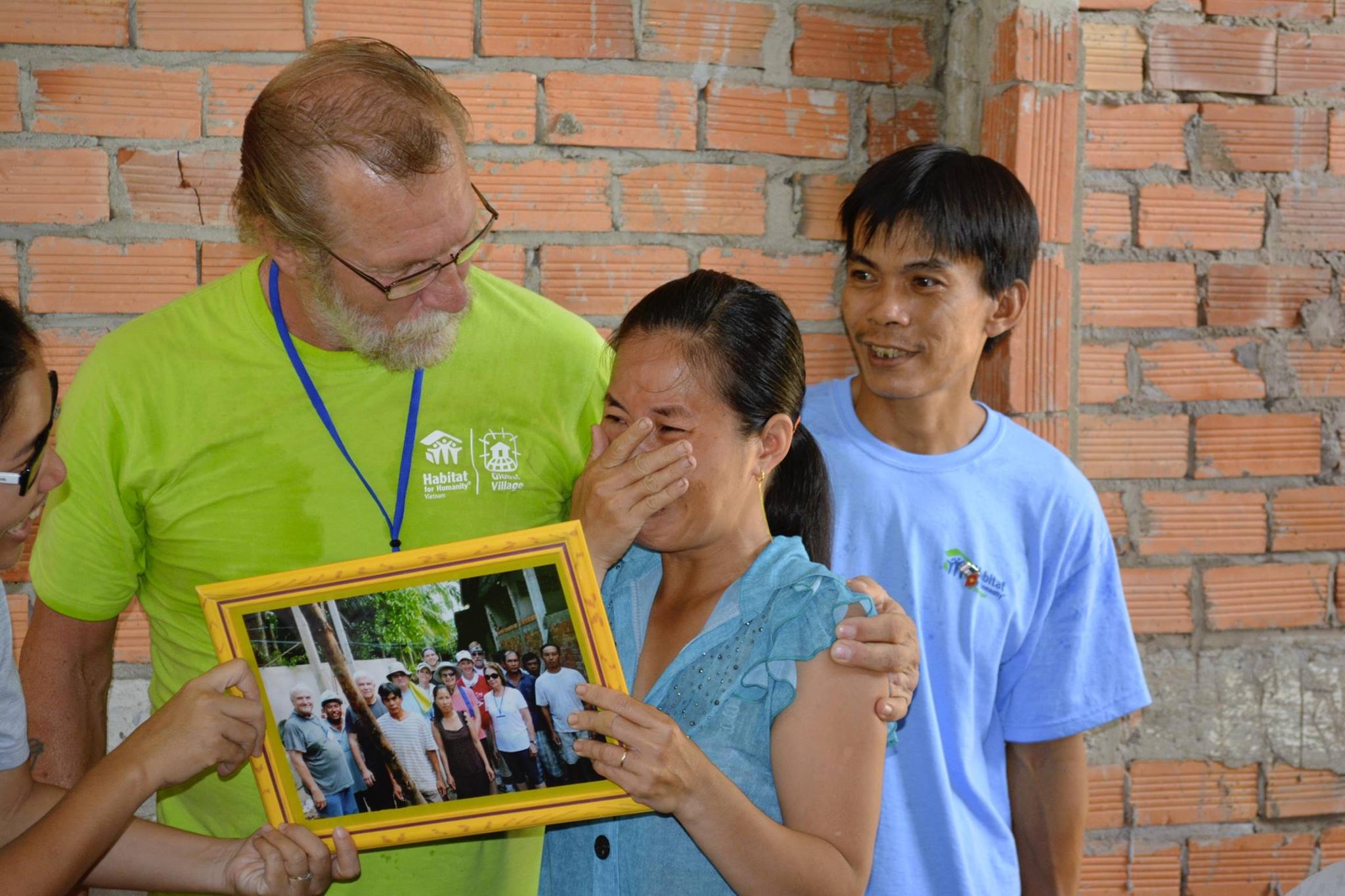71 YEAR OLD Vic Romback offers no regrets, no apologies.
He was an airman doing his duty for his country back in 1967-68 when he served 18 months in Vietnam.
“We were told the reason we were at war was because the Cold War was getting hotter,” he says. “And we had to go to Vietnam to beat down communism. I did my job.”
He was an aircraft loadmaster, the guy who supervised the loading and unloading of cargo and personnel on a C-130. At times his aircraft was carrying 55,000 pounds of howitzer shells. At other times, it was body bags. And still others it was grievously wounded soldiers being transferred to field hospitals.

“When you’re holding a guy’s hand, and you’re holding a cigarette to his mouth because the medic says go ahead because it’ll be the last cigarette he’ll ever enjoy,” Romback says, pausing and gazing off in the distance, “and then he finishes that cigarette, and then he expires….” Again, a long pause. “That’s when you started wondering whether it was all really worth it.”
Like so many of his fellow Vietnam veterans, he came back a changed man. Not disabled fortunately, but he was quieter, more contemplative. He preferred being alone more. His wife Carol saw the change in him, but he managed to recover and resume his life as a married man, a father, a carpenter. He’s lived in the same home in Negaunee Township for the last 40 years.
Carpentry in the U.P. was never a year round job, though, and eventually Romback found a position that was perfectly suited to his skills, experience, and interests: he became a veterans’ services officer for the Vietnam Veterans of America. He helped other vets get the benefits that were due them. It was gratifying.
And it was at a VVA convention in 2011 that he found his next cause–something that would bring even more gratification, and help make sense of a war that had sometimes seemed senseless.
He signed up, with 30 other veterans, for a trip back to Vietnam where they would help build houses for the Vietnamese people. It was a Habitat for Humanity project, but this was unique because it was former enemy soldiers coming back in peace to their former battleground.

“It was a good feeling,” he says. “We were helping someone have a better life. That first house we built, the family was living in a tent, a bamboo structure that was covered with cement bags and pieces of blue tarp. That’s how they lived–a husband and wife and their two kids. When we left, they had a brick home with a roof on it.”
The house was small–very small–but far better than anything the family had ever had.
“After we finished the house,” Romback tells you, “they took a group picture of all of us and we signed it and had it framed. And when we were getting on the bus to leave, we saw the wife holding that picture, and there was this deluge of tears coming out of her eyes. I’ve never seen anybody cry that hard for being happy…And then we all gave her a hug and we all started crying.”

Romback has now made four trips back to Vietnam to build houses–usually three homes within two weeks. It gives the vets an opportunity not only to do some good, but also to reminisce and to forge new relationships with their former enemies.
“Their feeling, and ours, is, you were a soldier and I was a soldier,” he says. “We all did what we were told. We were enemies then but we are no longer enemies. When we walk down the street there now, they want to shake our hands, especially the old-timers. We never hear a harsh word from any of them.”
Perceptions have changed on both sides. Radically.
“One of the veterans, the last day we were there, was sitting outside the hotel with a beer,” Romback remembers, “and he said, ‘You know, these last 12 days have removed one word from my vocabulary. Gook. I will never say that word again.'”

Vietnam for Romback and the other Vietnam vets is no longer that battleground populated with enemies trying to kill them and their buddies. With Viet Cong determined to shoot their C-130 out of the sky. It’s no longer that hostile place on the other side of the world where they sometimes couldn’t tell friend from foe.
It’s a land of ordinary people, just like Americans, trying to make a living, raise their families, and live their lives. It’s a land where former enemies, 50 years later, have managed to make peace with a troubled, even nightmarish past.
“I was there to help tear the country apart,” Romback says. “Why not go back and help put it back together?”
He’s returning to Vietnam this summer to help build more houses.
You got news? Email me at briancabell@gmail.com


